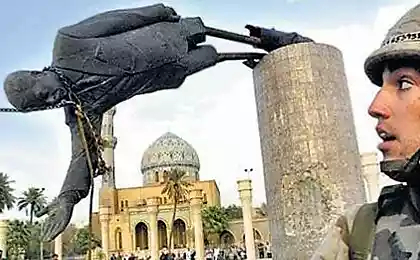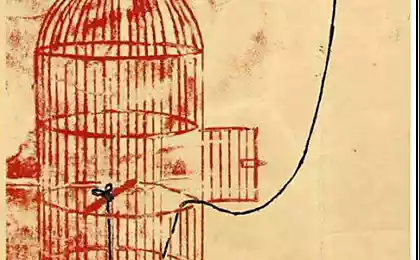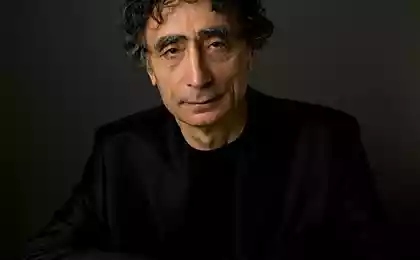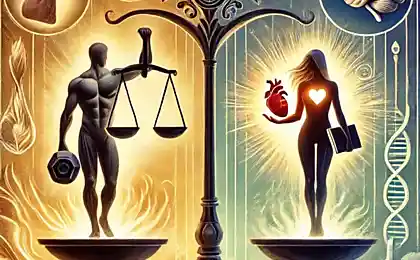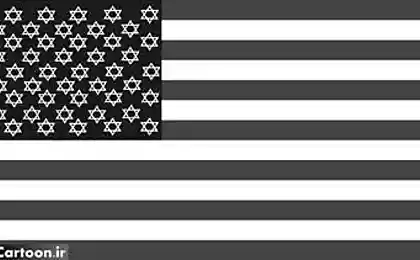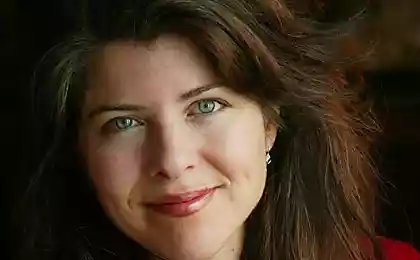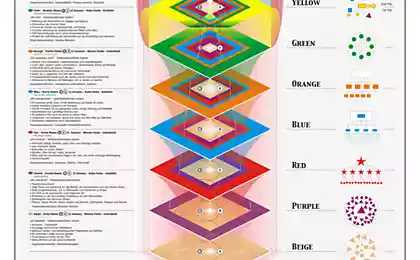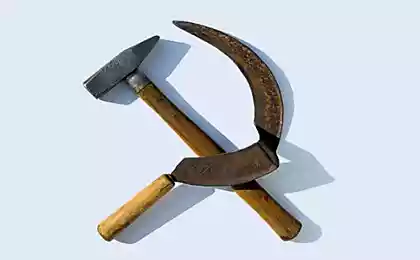1473
Women in power
Many people believe that women and big politics are not compatible, but history shows that this is not so. We represent your attention a brief overview of the most important female figures in politics 20 and 21 century, from the online version of the magazine TIME.
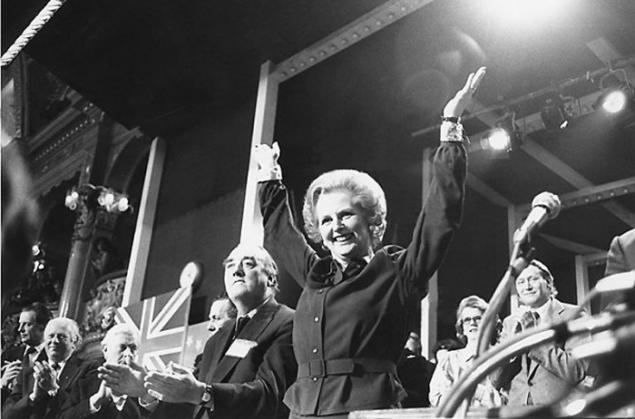
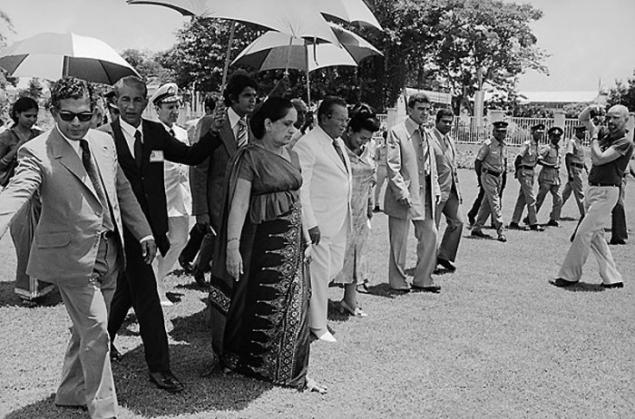
Shirimavo Bandaranaike, Sri Lanka
Fifty years ago Shirimavo Bandaranaike became the first woman in recorded history - the head of government. Her victory is so all stunned that no one knew how it correct to call. "We need to invent a new word," - wrote the London Evening News the next day after Shirimavo elected Prime Minister of Ceylon (then called Sri Lanka). "As it is called? - Ruler? "Bandaranaike led the party after the death of her husband, who was killed by a Buddhist monk in 1959. After the victory of her party in 1960, she took the reins in his hands and ruled until 1965 ... After that she became prime minister twice - from 1970 to 1977 and from 1994 to 2000. Her daughter was the first-ever female president in 1994, she appointed her mother prime minister for the last time (it is worth noting that this appointment was rather a tribute of respect). Shirimavo resigned in April 2000 and died in the same year.
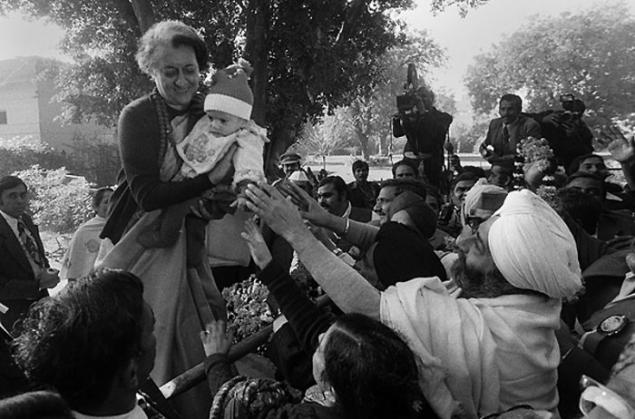
Indira Gandhi, India
She was a true daughter of the country, and brought up by his people and his father, who was the first Prime Minister of India after years of British rule. Cover of TIME magazine soon after its election in January 1966, said: "The poor of India in women's hands." These hand held India in the next decade through many trials: the economic downturn, famine, India's first test of the atomic bomb, the civil war in neighboring Pakistan and Education (with the participation of Indira) of the new state - Bangladesh.
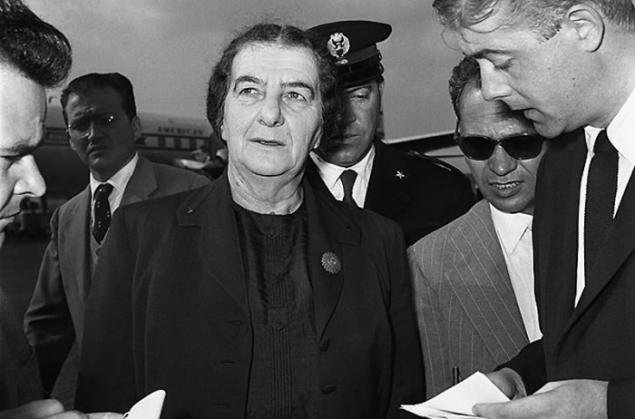
Golda Meir, Israel
Sharp tongues called "the only guy in the Cabinet," Golda Meir was a formidable and odious figure in Israeli politics. Tall, lean, sharp and strong, she has become the epitome of the world Jewish obstinacy. "There is a kind of women - she said once - that do not allow their husbands to overshadow most of the horizon." After a brilliant political career, including the post of Minister of Labour and Minister of Foreign Affairs and a number of other high-level positions, she went to bed, but went back into politics at the age of 70 years and led the country as Prime Minister from 1969 to 1974
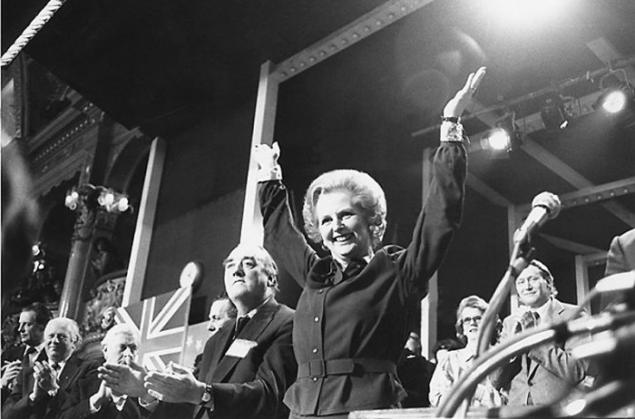
Margaret Thatcher, Britain
Called Iron Lady, Margaret Thatcher was a woman of high principles, short of patience and lover of whiskey. Housewife from the outskirts became one of the most influential women in the world, and ruled the country from 1979 to 1990. Thatcher was the first female prime minister in Europe, and the first British permerom elected for three consecutive terms. During his 11 years in power it has increased the share of private capital and carried to the grave the Soviet Union. Thatcher considered, as for his personal qualities, and for achievements in the State field, the most popular British politician since Winston Churchill.
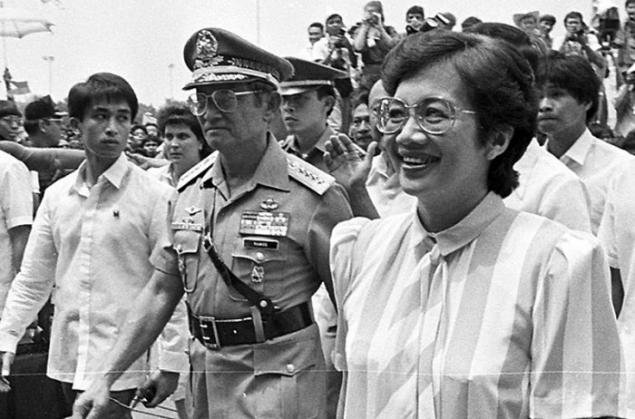
Corazon Aquino, Philippines
After the death of her charismatic husband, pious Catholic widow Corazon Aquino won the people's love and overthrew the dictatorial regime was involved in the murder of her husband. Millions of people took to the streets, and in February 1986, Aquino became president. Suppressing trying several military coups, Aquino has kept democracy in the country - something for which killed her husband. In 1986, Corazon Aquino was named "Man of the Year" by the magazine TIME - the first woman after the Queen Elizabeth 2, to receive this honor.
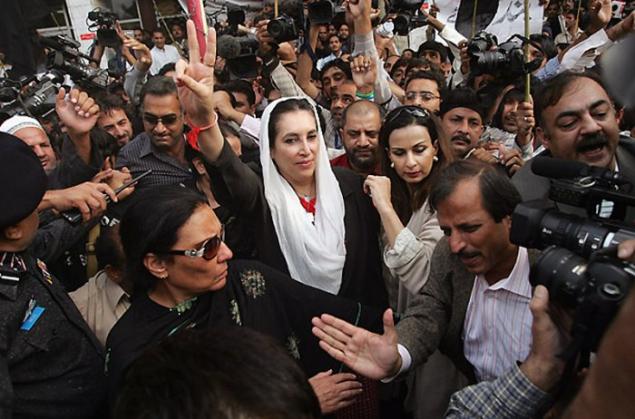
Benazir Bhutto, Pakistan
Heiress influential Pakistani dynasty, Benazir Bhutto went into politics after his father, and died. Young and beautiful, she clearly stood out from the male Pakistani political establishment. Benazir led the country as prime minister from 1988 to 1990 and from 1993 to 1996, and both times was removed from office by the President because of corruption charges, which she denied upopno. Benazir was assassinated in 2007, when the country was ruled by a military junta. The current President of Pakistan is her husband, who was also accused of fraud.
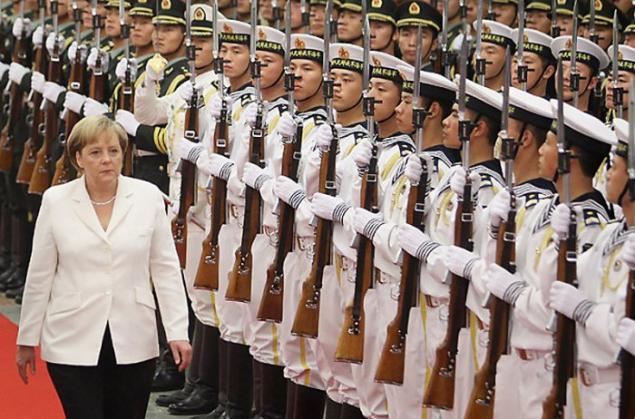
Angela Merkel, Germany Angela.
Merkel - an exceptional phenomenon in German politics: the first female chancellor, also grew up in communist East Germany, as well as the youngest chancellor in history. Its underrated on the continuation of decades, but it is not broken. "I myself have never underestimated myself," - she said in an interview with TIME in January 2010. "There is nothing wrong with ambition, and ambition." She took office in late 2005, and 100 days after this survey showed that it is the most popular chancellor of all German history.
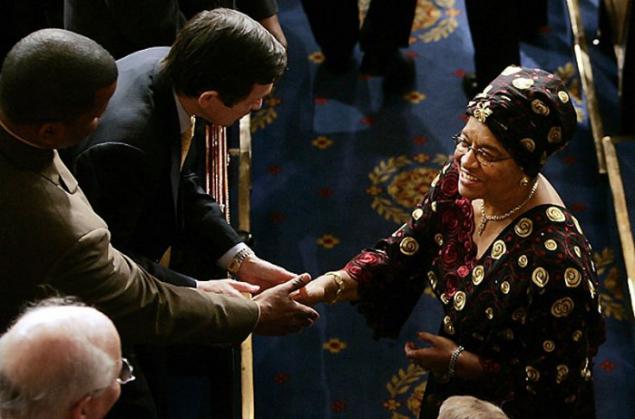
Ellen Johnson Sirleaf, Liberia
In April 2006, First Lady Laura Bush America responded to Ellen as "a woman who did not stop working for the good of his country." "Her courage and dedication inspires me and women around the world," said Mrs. Bush magazine TIME. Johnson-Sirleaf began her career with the membership of the Council of Ministers in 1970, then in the 90's became a senior administrator of the United Nations, and in 2006 was elected president of Liberia - the first woman president in Africa. She had to sum up the years of civil war in the country. Ellen has vowed to fight corruption and build a bright future for the country. George Bush gave her in 2007 Presidential Medal of Freedom. Laura Bush said: "Johnson-Sirleaf - a good example of what can happen if the girls get a good education."


Shirimavo Bandaranaike, Sri Lanka
Fifty years ago Shirimavo Bandaranaike became the first woman in recorded history - the head of government. Her victory is so all stunned that no one knew how it correct to call. "We need to invent a new word," - wrote the London Evening News the next day after Shirimavo elected Prime Minister of Ceylon (then called Sri Lanka). "As it is called? - Ruler? "Bandaranaike led the party after the death of her husband, who was killed by a Buddhist monk in 1959. After the victory of her party in 1960, she took the reins in his hands and ruled until 1965 ... After that she became prime minister twice - from 1970 to 1977 and from 1994 to 2000. Her daughter was the first-ever female president in 1994, she appointed her mother prime minister for the last time (it is worth noting that this appointment was rather a tribute of respect). Shirimavo resigned in April 2000 and died in the same year.

Indira Gandhi, India
She was a true daughter of the country, and brought up by his people and his father, who was the first Prime Minister of India after years of British rule. Cover of TIME magazine soon after its election in January 1966, said: "The poor of India in women's hands." These hand held India in the next decade through many trials: the economic downturn, famine, India's first test of the atomic bomb, the civil war in neighboring Pakistan and Education (with the participation of Indira) of the new state - Bangladesh.

Golda Meir, Israel
Sharp tongues called "the only guy in the Cabinet," Golda Meir was a formidable and odious figure in Israeli politics. Tall, lean, sharp and strong, she has become the epitome of the world Jewish obstinacy. "There is a kind of women - she said once - that do not allow their husbands to overshadow most of the horizon." After a brilliant political career, including the post of Minister of Labour and Minister of Foreign Affairs and a number of other high-level positions, she went to bed, but went back into politics at the age of 70 years and led the country as Prime Minister from 1969 to 1974

Margaret Thatcher, Britain
Called Iron Lady, Margaret Thatcher was a woman of high principles, short of patience and lover of whiskey. Housewife from the outskirts became one of the most influential women in the world, and ruled the country from 1979 to 1990. Thatcher was the first female prime minister in Europe, and the first British permerom elected for three consecutive terms. During his 11 years in power it has increased the share of private capital and carried to the grave the Soviet Union. Thatcher considered, as for his personal qualities, and for achievements in the State field, the most popular British politician since Winston Churchill.

Corazon Aquino, Philippines
After the death of her charismatic husband, pious Catholic widow Corazon Aquino won the people's love and overthrew the dictatorial regime was involved in the murder of her husband. Millions of people took to the streets, and in February 1986, Aquino became president. Suppressing trying several military coups, Aquino has kept democracy in the country - something for which killed her husband. In 1986, Corazon Aquino was named "Man of the Year" by the magazine TIME - the first woman after the Queen Elizabeth 2, to receive this honor.

Benazir Bhutto, Pakistan
Heiress influential Pakistani dynasty, Benazir Bhutto went into politics after his father, and died. Young and beautiful, she clearly stood out from the male Pakistani political establishment. Benazir led the country as prime minister from 1988 to 1990 and from 1993 to 1996, and both times was removed from office by the President because of corruption charges, which she denied upopno. Benazir was assassinated in 2007, when the country was ruled by a military junta. The current President of Pakistan is her husband, who was also accused of fraud.

Angela Merkel, Germany Angela.
Merkel - an exceptional phenomenon in German politics: the first female chancellor, also grew up in communist East Germany, as well as the youngest chancellor in history. Its underrated on the continuation of decades, but it is not broken. "I myself have never underestimated myself," - she said in an interview with TIME in January 2010. "There is nothing wrong with ambition, and ambition." She took office in late 2005, and 100 days after this survey showed that it is the most popular chancellor of all German history.

Ellen Johnson Sirleaf, Liberia
In April 2006, First Lady Laura Bush America responded to Ellen as "a woman who did not stop working for the good of his country." "Her courage and dedication inspires me and women around the world," said Mrs. Bush magazine TIME. Johnson-Sirleaf began her career with the membership of the Council of Ministers in 1970, then in the 90's became a senior administrator of the United Nations, and in 2006 was elected president of Liberia - the first woman president in Africa. She had to sum up the years of civil war in the country. Ellen has vowed to fight corruption and build a bright future for the country. George Bush gave her in 2007 Presidential Medal of Freedom. Laura Bush said: "Johnson-Sirleaf - a good example of what can happen if the girls get a good education."
